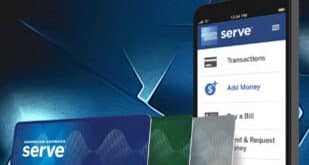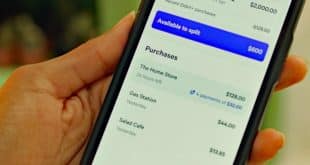With more than half a million electric cars on the road, businesses are looking at ways to boost the network of charging stations across the country and make it easier to pay for the increasing flow of electricity. Now a partnership announced Tuesday plans to put blockchain to work on the matter.
Starting Aug. 1, the partnership says it will run a pilot in California for a service that will let individuals and small businesses whose homes or buildings are equipped with charging stations sell their electricity to EV car owners, with transactions paid for on the Ethereum blockchain. The companies behind the service are Electric Motor Werks Inc., a San Carlos, Calif.-based company that markets a charging technology called JuiceNet, and MotionWerk, whose Share&Charge mobile app allows EV drivers to find charging stations located at homes and businesses and pay for electricity.
MotionWerk, a startup from German energy company Innogy SE, says Share&Charge will work with JuiceNet devices deployed by homeowners and small businesses that operate as an unofficial confederation of charging stations across the country. There are 16,141 charging stations in the United States with 43,437 outlets, according to the latest figures from the U.S. Department of Energy. But these numbers exclude so-called private stations, which are now seen as a ready supply for the rising population of EV cars on the road.
“In today’s marketplace, the availability of public EV charging is still of concern to potential EV drivers,” says Dietrich Sümmerman, an official with Share&Charge, in a statement. “By establishing networks of individuals willing to share their EV charging stations, we are opening up more charging options to EV drivers, while at the same time ensuring station owners are compensated accordingly.”
The Share&Charge app also allows station owners to set the times they want to make their equipment available and establish the price they want to charge. Meanwhile, owners without eMotorWerks equipment can participate in the pilot using an adapter from eMotorWerks, called the JuicePlug, the companies say.
Payment for use, the partners say, will encourage more residential owners to participate. “By allowing individuals and companies both small and large to make their stations accessible to the public, and to be paid for their use, station owners gain the opportunity to have their station pay for itself over time,” says Val Miftakhov, chief executive at eMotorWerks.
Blockchain payments, though, could limit usage, at least for the time being. While there are far more ether coins in circulation than there are Bitcoins, blockchain has yet to become a mainstream payment method.
Still, efforts to facilitate not just the availability of charging stations, but also alternative payment methods, have emerged over the years as the number of EV cars on the road expands. In 2012, for example, General Electric Co. began accepting PayPal at charging stations maintained by GE Industrial Solutions.





